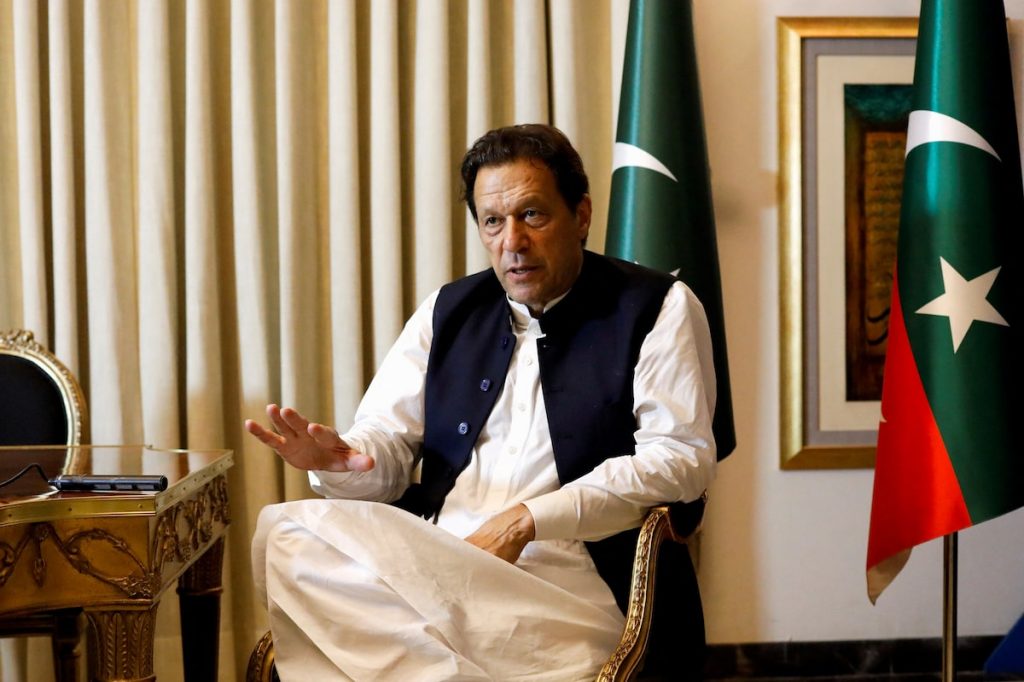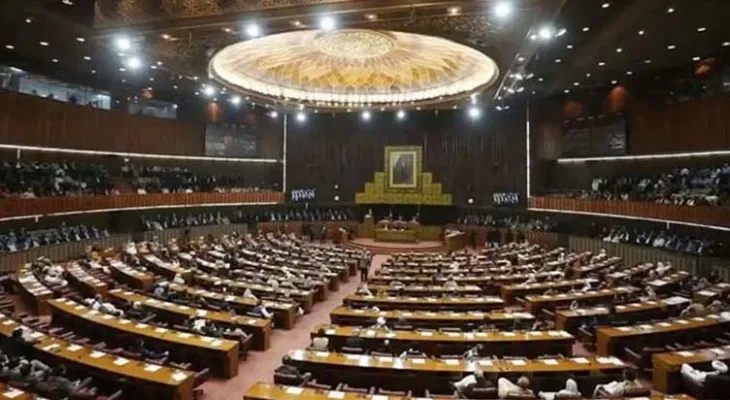It’s interesting to see how international political dynamics are unfolding around Imran Khan’s imprisonment, and the reactions in both the U.S. and Pakistan highlight the delicate balance between domestic sovereignty and foreign influence. The letter from the 62 U.S. Congress members to President Biden urging him to push for Khan’s release is notable because it signals a significant international concern over Khan’s detention and potential implications for democratic processes in Pakistan.


In response, the Pakistani National Assembly’s letter to Prime Minister Shahbaz Sharif, denouncing the U.S. intervention as interference in Pakistan’s internal affairs, suggests a unified stance on maintaining sovereignty in domestic legal matters. The move by Sharif to follow a strategy similar to that of Indian Prime Minister Narendra Modi also points to a regional shift where countries are becoming more resistant to external pressure on internal issues. Modi has similarly resisted foreign involvement or criticism, particularly regarding issues like Kashmir or internal laws, by framing them as strictly domestic concerns.
This situation encapsulates a classic tug-of-war: Pakistan’s need to uphold its sovereignty versus the global pressure to ensure fair democratic practices, especially for high-profile figures like Khan. It’ll be interesting to see if Pakistan will be able to navigate this pressure without compromising its internal stance or damaging international relations, especially with the U.S.
Altaf Choudhry
01.11.2024


Leave a Reply